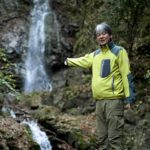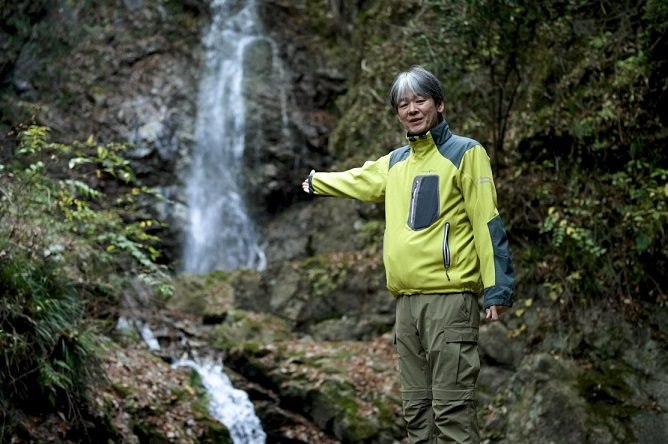 Tokyo is one of the most visited cities in the world. Millions of travelers are expected to descend upon the Japanese capital this year, and a growing number of these visitors are increasingly considering sustainability as a crucial part of their itineraries. This month, CNN’s ‘The Journey Matters’ travels to Tokyo and explores the city from a greener travel lens.
Tokyo is one of the most visited cities in the world. Millions of travelers are expected to descend upon the Japanese capital this year, and a growing number of these visitors are increasingly considering sustainability as a crucial part of their itineraries. This month, CNN’s ‘The Journey Matters’ travels to Tokyo and explores the city from a greener travel lens.
From food to clothing, the Japanese philosophy of ‘Mottainai’ is a concept that shows respect for the environment by encouraging people not to waste valuable resources. CNN first travels to one of Tokyo’s biggest flea markets at Oi Racecourse, a place with a colorful array of refurbished wares from clothing to household appliances, and even vehicles. In Tokyo’s Suganami ward, CNN talks to Yoshiichiro and Yoshiko Kuge, artists with more than a century of craft experience between them. The couple practices kintsugi, the art of repairing broken pottery to give it new life.
While Tokyo has long been known as a top culinary capital of the world, some chefs hope it can become one of the greenest. CNN meets Shinsuke Ishii whose French restaurant ‘Sincere’ won Michelin’s Green Star for embracing eco-friendly practices. He is also part of “Chefs for the Blue,” a group working to promote seafood with less environmental impact. In order to further promote the cause, he opened a sister restaurant ‘Sincere Blue’ that sources seafood sustainably. In western Tokyo, Chef Kazuki Ishimatsu hopes to create conversations around sustainability through his dining experience at the French restaurant, Maruta. He not only uses a ‘local first’ concept to order ingredients from local vendors, the restaurant also aims for ‘regenerative gastronomy’ – the pursuit of a way of eating that leads to environmental restoration.
For residents and visitors to Tokyo, connecting with nature is easier than you think. CNN travels to Hinohara-mura, one of the capital’s beautiful green destinations and meet the people working to preserve its beauty and traditions for future generations. Certified eco-guide Kazuhiro Kobayashi takes CNN for a tour to Hossawa Falls and a hidden gorge called Kanoto Rock, said to be formed 150 million years ago during the Jurassic period. CNN then visits the 300-year-old national cultural property ‘Kobayashi Family Residence’ and explores a forest therapy path within the Hinohara Citizen’s Forest – said to help reduce stress by stimulating the human senses. In Hinohara, CNN also meets a resident who moved to the village to find inspiration from the thriving nature and its sustainable traditions.
Family Residence’ and explores a forest therapy path within the Hinohara Citizen’s Forest – said to help reduce stress by stimulating the human senses. In Hinohara, CNN also meets a resident who moved to the village to find inspiration from the thriving nature and its sustainable traditions.
Finally, CNN looks at how some Tokyo hotels are opting for quality minimalism to help do their part for the environment — embracing the philosophy of ‘Mottainai’ to create less cluster and encourage guests to only use what they need. ‘Onsen Ryokan Yuen Shinjuku’, a seemingly traditional Japanese inn located at the busiest district of Tokyo, has a lobby designed with wood and traditional Japanese paper, washi. The hotel’s philosophy is to help guests connect with nature and its simplicities. CNN also visits MUJI’s first Japan-based hotel, MUJI Hotel Ginza. Also embracing minimalism, the hotel lobby is built with repurposed materials by incorporating debris from an old ship, wood from former stores and stones that were used to pave the city’s railways a century ago.















